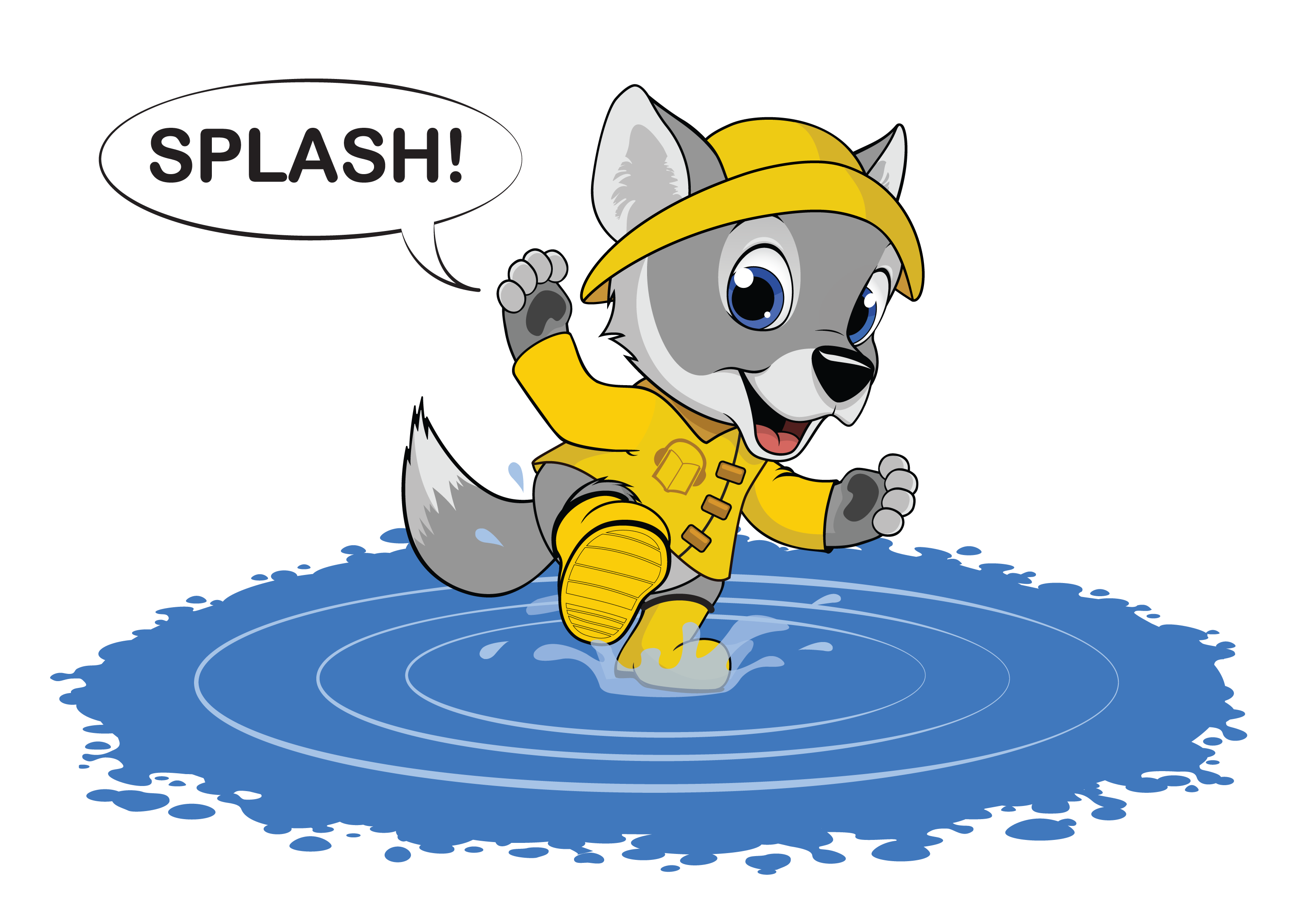That All Children May Read Early Literacy Program

About the Words Everywhere Skill
It is important to build a child’s vocabulary early on by exposing them to words. This may involve describing what is around them or reading a story. Many types of stories contain unusual words that help build a child’s vocabulary. Even if children are unable to pronounce these words, they will gain a familiarity through experiencing such words.
Words Everywhere Recommended Readings
Words Everywhere Activities
Babies (Birth through One)
- When your baby is splashing in the tub, describe what they are doing and what is around them. For example: Talk about bath toys, including their color, shape, and other descriptive words.
- Teach your baby the words for different emotions by allowing your baby to feel your face when you make different expressions. Make sure to exaggerate your expressions. For example: When you show ‘happy,’ make sure to smile really big so your baby can feel your raised cheeks. When you show ‘mad,’ make sure to furrow your brow so your baby can feel the crinkles on your forehead.
- While your baby is playing, talk about the different sounds the toys make. For example: Puppy goes “woof, woof.” Piggy goes “oink, oink.” A squeaky toy goes “squeak, squeak, squeak.”
Toddlers (Two through Three)
- Read books with description, especially tactile books like the “That’s Not My…” series by Fiona Watts.
- Nursery rhymes and fairy tales can be great books to introduce new and unusual words to your toddler’s vocabulary.
- Even if your toddler cannot see colors, it is still good to introduce them to different colors. For example: Describe the puppy or a frog. Make sure to use texture and color words like “the slimy frog is green.”
Preschoolers (Four through Six)
- Read books that have uncommon vocabulary such as “Caps for Sale” by Esphyr Slobodkina. Don’t be tempted to skip over unfamiliar words. Unusual words become familiar after your preschooler hears them in context.
- When reading with your preschooler, make sure to explain what certain words mean within the context of the story. These may be words your preschooler has only heard once or not at all. For example: When saying the nursery rhyme “Little Miss Muffet,” you would explain that a ‘tuffet’ is a very short seat and ‘curds and whey’ is cottage cheese.
- Allow your preschooler to play in puddles or mud after a rainstorm. Say words like ‘splash’ when they splash in puddles, or “squish” when your preschooler is playing in the mud.